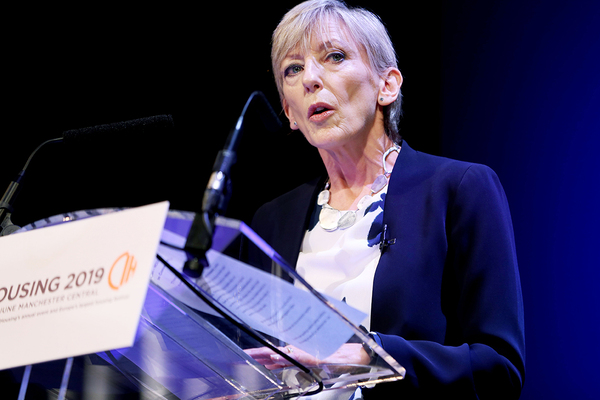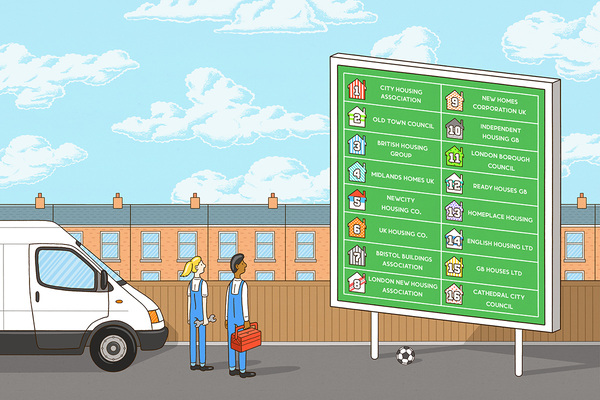You are viewing 1 of your 1 free articles
A culture of openness is set to sweep through the sector
While the Social Housing White Paper may prove hugely problematic, we should welcome moves to share information more widely, writes Martin Hilditch
If the grapevine has it right, in a matter of weeks we’ll see the publication of the Social Housing White Paper.
While the details aren’t public yet, we all know what landlords in England should be expecting. A few weeks ago at Housing 2020, Fiona MacGregor, chief executive of the Regulator of Social Housing, said that the paper would signal a “more proactive approach to consumer regulation”. She hinted that this would include the introduction of key performance indicators and a possible review of the regulator’s serious detriment test for taking action.
To paraphrase, her message was “get your house in order now”.
The Housing Ombudsman has been playing a similar tune. Indeed, it has been taking a much more muscular and high-profile approach in recent times. Just weeks ago it ruffled feathers by naming social landlords found most at fault in leaseholder cases. Although some have challenged its methodology, it’s clear that this is the sign of things to come. Ombudsman Richard Blakeway has made no secret of his desire to deliver a “step change” in transparency – more regularly naming landlords it finds at fault.
Against this backdrop we publish our complaints failure index this week – pulling together information from every single determination issued by the ombudsman between 2017/18 and 2019/20.
The table is an interesting challenge to popular narratives such as that large landlords are likely to be providing a worse service or be worse at dealing with complaints – and there is a similar challenge to notions that council delivery might lead to happier tenants. It seems to be what you do, not the way that you do it that is the key to success. Obviously, there is plenty to talk about in terms of methodology – with landlords with less stock rising up the table with a relatively small number of full or partial maladministration findings.
The research sheds new light on the sector’s performance. And one thing’s for sure, due to the direction of travel from government and regulators, these are conversations we will be having much more often in the future.
This new level of openness is a good thing and shouldn’t be feared. At best it may provide challenge to some myths about social landlords, and it is an opportunity to drive a more open culture and improve performance.
The white paper has the potential to have an explosive impact on the sector. But the push for open debate is a step in the right direction.
Sign up for our daily newsletter
Already have an account? Click here to manage your newsletters













